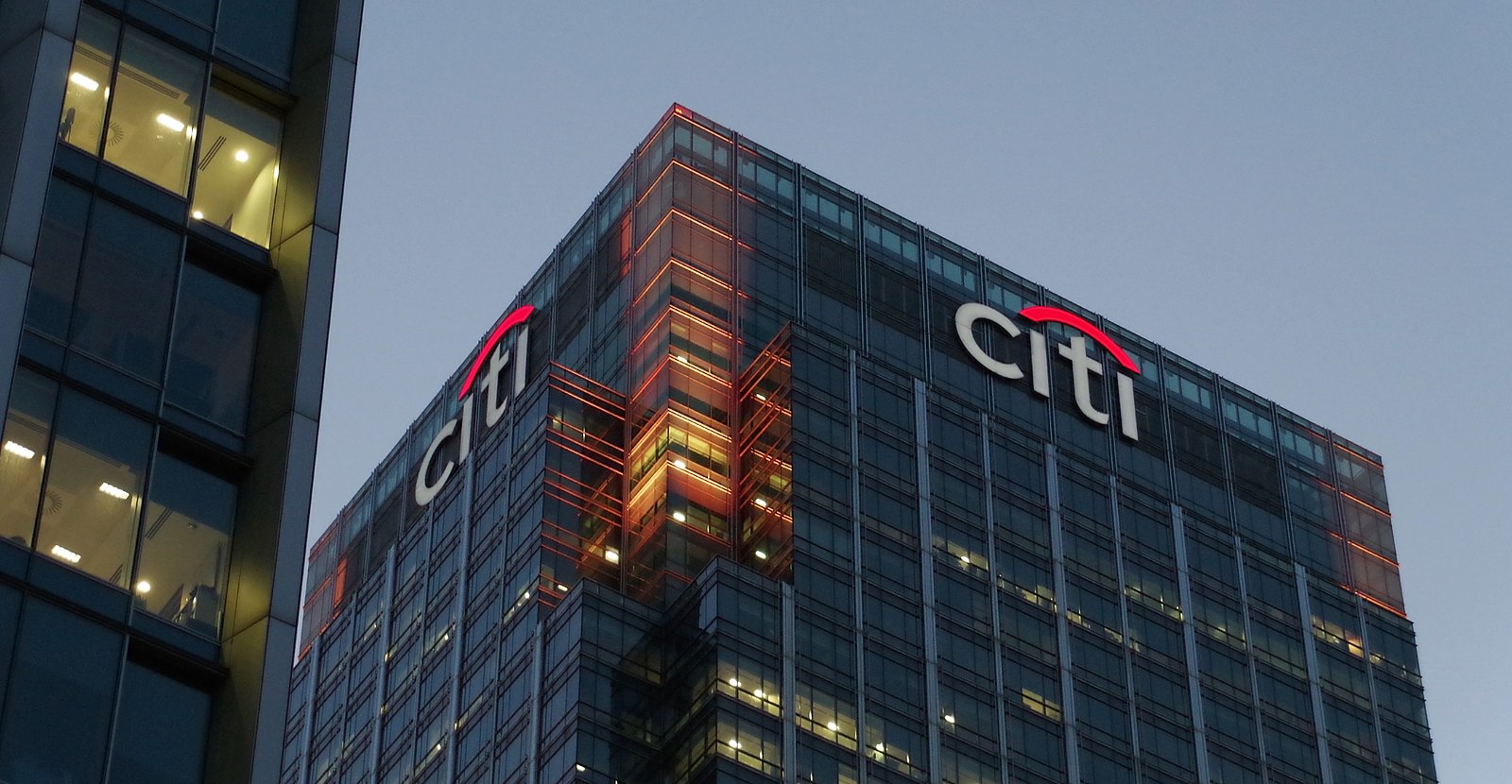Citigroup, among the more “progressive” (i.e., woke) financial institutions in the world, held their annual stockholder’s meeting on Tuesday. CFACT, which owns shares in the company, participated to ensure there was at least some pushback against this board’s radical green agenda – a topic that actually wound up dominating the discussions. In fact, the meeting even opened with the company bragging about their present meeting being less carbon intensive than others in the past.
CFACT’s Greg Neff confronted CEO Jane Fraser with a hard-hitting question that took aim at the company’s “$1 Trillion Sustainable Finance Goal”. In recent years, Citigroup announced a commitment to lend $1 trillion by 2030 in “sustainable financing,” which is a significant percentage of what the company is likely to lend out during that period. Neff asked Ms. Fraser, “In light of bank failures such as Silicon Valley Bank that prioritized ‘climate and sustainability’, shouldn’t Citigroup consider scaling back or eliminating its ‘$1 Trillion Sustainable Finance Goal’ in order to better protect its shareholders?”
Ms. Fraser responded with empty assurances that Citigroup’s finances were much more solid than some of those institutions that had fallen victim to prioritizing social policy ahead of sound economics. Said Fraser, through “our trillion-dollar sustainable finance goal, Citi is financing and facilitating a wide range of activities from renewable energy and clean technology to healthcare and affordable housing. And the goal contributes to the growth of scalable financial solutions to address environmental and social challenges.” She went on to boast that in the past three years, the company has already invested more than $440 billion in environmental and social activities.
This response by Ms. Fraser, of course, hardly satisfied CFACT’s concerns. By not giving any specifics and just pontificating about the merits of the company’s sustainable development goals with no concrete assurances other than the CEO’s good word that everything is “all under control,” there’s little reason shareholders shouldn’t be alarmed. One wonders if Sun Valley Trust’s CEO might have given the exact same type of answer Ms. Fraser did right before the company capitulated.
In any event, CFACT, as a stockholder in Citigroup, also had the opportunity to vote on several board and stockholder proposals during the gathering. On the friendly side, the first was from CFACT’s ally, the National Center for Public Policy Research, which asked the company to do a report disclosing the risk of the Citigroup’s DEI (Diversity, Equity, and Inclusion) policies. This proposal was particularly timely in light of the recent Supreme Court ruling in SFFA v. Harvard that determined such policies violated the 14th Amendment. The second was from the American Family Association and called for the company to create a report explaining the risk of politicized debanking. Both only received about 2% support. While neither measure actually passed, and the Citigroup board urged everyone in attendance to vote against them, the message these groups were trying to deliver nevertheless was heard loud and clear. Let’s hope they make a future impact, as they often do despite their apparent lopsided results.
As it is now “shareholder season,” stay tuned for more updates soon. CFACT will continue to participate in shareholder activism in order to provide a counterbalance to the extreme ESG and “sustainable development” agendas that have sadly woven their way into America’s corporate boardrooms.
